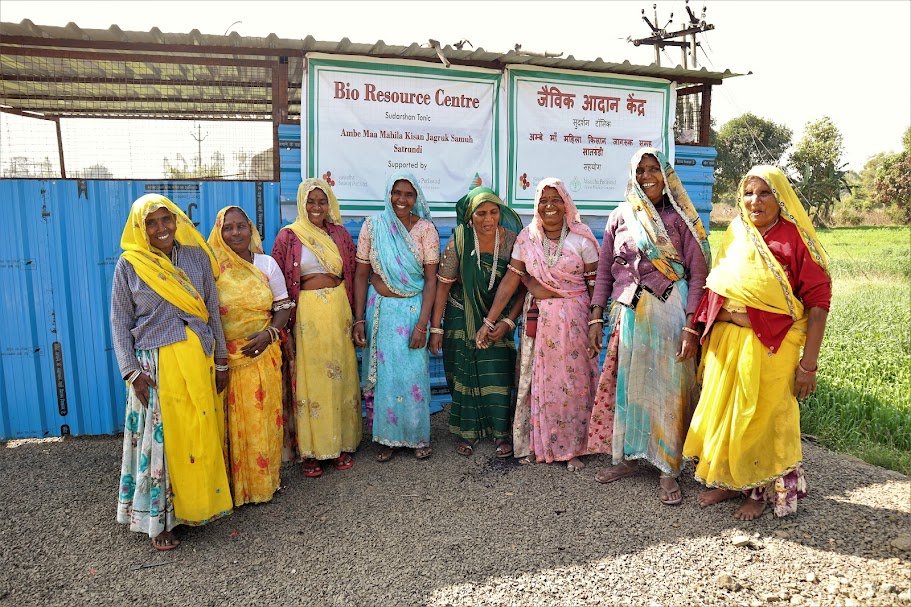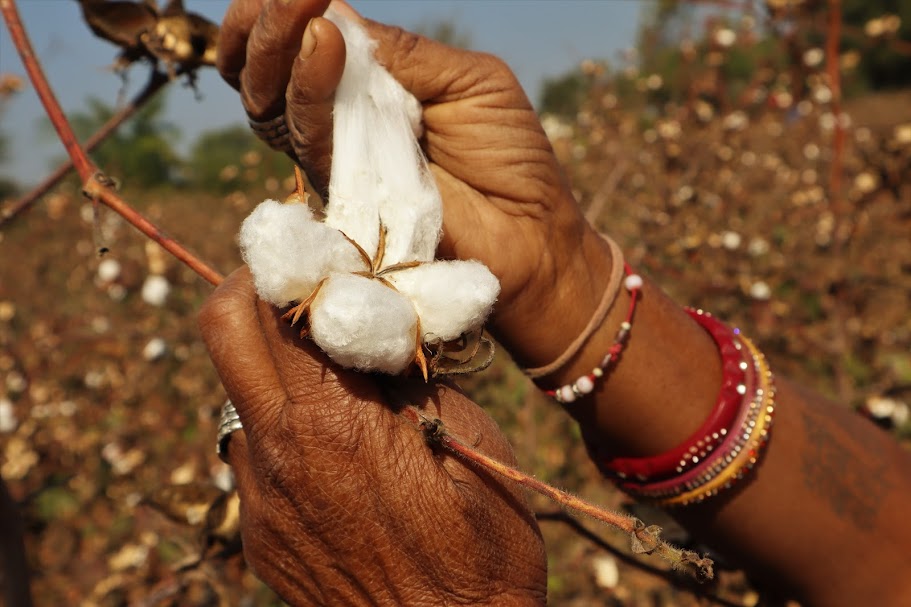Pratibha Syntex: Sustainability woven into its DNA
As a pioneer in the textile industry, Pratibha Syntex is leading the way with its Cradle to Cradle Certified® products and commitment to regenerative farming, circular fashion, and sustainable manufacturing.

Since its inception in 1999, Pratibha Syntex has been a pioneer in sustainable textiles, long before the industry recognized the need for change. With a clear vision and a strong commitment to responsible practices, the company has transformed the textile value chain — from organic and regenerative cotton farming to sustainable garment manufacturing.
A journey rooted in sustainability
For centuries, farmers were the original scientists, possessing deep knowledge of agriculture. However, the post-World War II industrial shift introduced synthetic chemicals, which gradually degraded soil health and made farmers dependent on pesticides. Over time, these chemicals reduced land productivity, hardened the soil, and adversely impacted farmers’ health.
“At Pratibha, we asked ourselves—why disrupt nature’s balance? Our commitment to sustainability isn’t a quick fix; it’s a long-term mission,” says Anjali Mittal, Communications & Marketing Manager at Pratibha Syntex.

Bridging the gap: helping farmers transition to organic practices
Pratibha’s engagement with farmers starts at the grassroots level. The company identifies farmers willing to transition to organic practices, conducting field surveys (reiki) and providing extensive training sessions. Transitioning from conventional to organic farming requires patience and commitment, but the long-term benefits—healthier soil, higher resilience, and improved livelihoods—are undeniable.
Today, 27,000 farmers across Madhya Pradesh and Rajasthan have been trained in organic and regenerative farming through Pratibha’s initiatives. They are introduced to multi-cropping, intercropping, seed treatment, and natural fertilizer production, eliminating the need for synthetic pesticides while also generating additional revenue. Farmers associated with Pratibha are transforming 10,000 MT of cotton stalks into Biochar, a carbon-rich product that restores soil health while sequestering carbon. This year alone, their efforts will create, under Pro Artisan Project 3,000 MT of Biochar, removing 6,000 tCO2 permanently from the atmosphere.
Beyond organic: the shift to regenerative practices
While organic farming eliminates harmful chemicals, regenerative agriculture goes a step further by restoring soil health, enhancing biodiversity, and sequestering carbon. Converting land to organic takes 2-3 years, but transitioning to Regenerative Organic Certified® (ROC) farming requires an additional year and a holistic approach centered on soil health, animal welfare, and social fairness. Despite the challenges, Pratibha remains committed to this approach, knowing it represents the future of truly sustainable agriculture.

Leading circularity with C2C Certified® practices
Sustainability at Pratibha goes beyond sourcing organic cotton. The company has adopted Cradle to Cradle Certified® (C2C) principles, ensuring that sustainability is embedded throughout the entire product lifecycle—from raw materials to finished garments.
“In fast fashion, garments don’t disintegrate easily, leading to massive waste. Cradle to Cradle Certified® is the most rigorous standard in safety and circularity, pushing us to rethink product creation and eliminate toxic chemicals,” explains Anjali Mittal.
Unlike conventional certification systems, C2C Certified® evaluates every aspect of production, including water stewardship, social fairness, material health, and end of use. Pratibha’s commitment to C2C Certified® processes sets a new benchmark for ethical manufacturing
.png)
Empowering women: a transformational force
Pratibha Syntex has played a crucial role in empowering women, particularly in farming communities. Through women-led Farmer Interest Groups (FIGs), 300 farm women have been trained in manufacturing fertilizers, pest control solutions, and growth promoters, providing them with additional income streams. As a result, household incomes have increased by 100-150%, and women who once hesitated to step beyond traditional roles now speak on global panels and negotiate business deals.
At the manufacturing level, women now constitute over 50% of Pratibha’s workforce, reinforcing the company’s dedication to gender equality and economic independence.
A culture of purpose and well-being
Pratibha Syntex isn’t just a company—it’s a family. A safe, positive, and growth-oriented work culture ensures that employees feel valued, leading to greater productivity and job satisfaction.
“We started with a vision to be the most sustainable company in the world. Since COVID we realised that the spreading happiness is far more important than anything else. So, we redefined our purpose to Spreading Hope, Joy, and Abundance through Responsible and Responsive Fashion,” says Anjali Mittal.
The future of organic cotton and beyond
Today, organic cotton accounts for only 2% of India’s total cotton production and less than 1% globally. Yet, India remains the largest supplier of organic cotton worldwide, and companies like Pratibha Syntex are proving that sustainable transformation is not just possible—it is scalable.
As the textile industry moves toward regenerative agriculture, circular production, and ethical business practices, Pratibha continues to set new standards for sustainability.
Take action now and join us in shaping the future fashion industry, where sustainability is at the core of the design phase and not just an afterthought.
Further information
Learn more: pratibhasyntex.com
Contact person: Karan Malhotra, Business
Development Europe, [email protected]
Images: Pratibha Syntex
-(1).png)